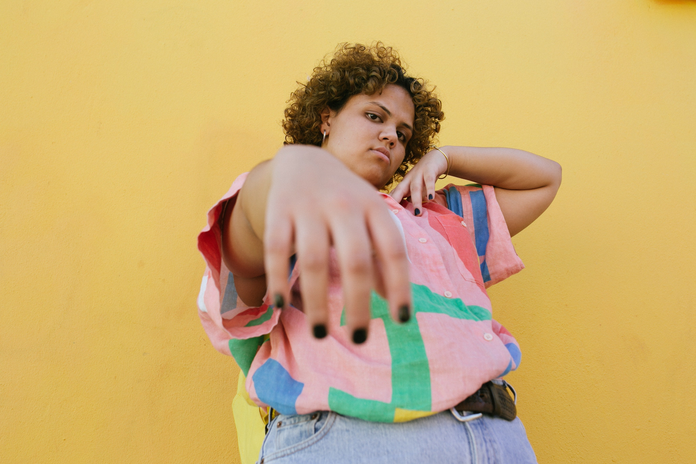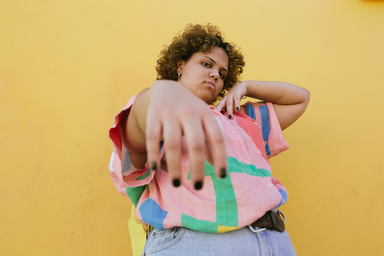Over the past year, various style aesthetics have come full force and taken mainstream media by force. From Y2K to cottage core, people adopt some aesthetics into their personal wardrobes to showcase their sense of style. Apps like Pinterest and TikTok have made it incredibly easy for people to organize different aesthetics and draw out tips and inspiration to upgrade their fashion.
Pinterest is the ultimate motherboard for getting style and aesthetic inspiration. As an avid user myself, I love creating different makeup and fashion mood boards that symbolize who I am and what I like. Despite not directly identifying with a certain aesthetic, I appreciate various looks from a distance.
However, as a Black woman, I can’t help but notice certain flaws that lie within the world of mainstream aesthetics. As cute and trendy as they are, aesthetics present a plethora of problems that can’t be ignored. Here’s why.
When I look up aesthetics on Pinterest, my eyes are flooded with thin, cisgender white women sporting pink cropped tops and brown pants with Nike sneakers or laying in a picnic field in a light green dress with flowers surrounding them. The outfits may be cute to some, but the lack of diversity is extremely evident. Black women, women of colour, plus-sized women, and transwomen are nowhere to be found. Terms like “Black girl Y2K fashion” and “plus size cottagecore” must be searched up in order to see diversity of any kind.
Pinterest aesthetics are extremely exclusive and cater to a certain demographic. Women who don’t fit the skinny white girl demographic should not have to include their own characteristics when searching for style inspiration in order to see themselves being represented. Not only is it damaging, but it feeds into the idea that white women are the face for different Pinterest aesthetics as a whole.
The aesthetics that are flourishing in mainstream media have come from somewhere. One of the most popular fashion aesthetics Y2K is argued to be heavily influenced by Paris Hilton’s tracksuit era. Gen Zers have since manipulated the style to make it their own. As a result of the growing trend, Pinterest has altered its algorithm to mimic what is seen on social media. However, this is not only incorrect, but it whitewashes the true origin of Y2K.
Y2K was originally created in 1999 when it was inferred that computers would dominate the 2000s. Black women began to sport tech-like outfits that consisted of bold, silver makeup and outfits to match. This was seen in groups like Destiny’s Child and TLC.
After the trend died down, the 2000s were hit with outfits that were atrocious, to put it nicely. Jeans and dresses and cowboy boots were paired together and deemed a decent outfit for red carpet events. In the middle of the 2000s, that’s when velour tracksuits and Mean Girls came into play and the rest is history.
The issue with this is that both society and Pinterest algorithms mistake Y2K for being born in the Mean Girls, Paris Hilton era when it was actually created by Black women. To no one’s surprise, of course, its origins were whitewashed in order to cater to a greater demographic.
Pinterest aesthetics may be trendy at face value, but there is a deeper issue at play. As an “outsider”, it is nearly impossible to ignore the trend of being inclusive of white women while rejecting women who don’t fit into that realm while failing to properly credit or acknowledge them.


